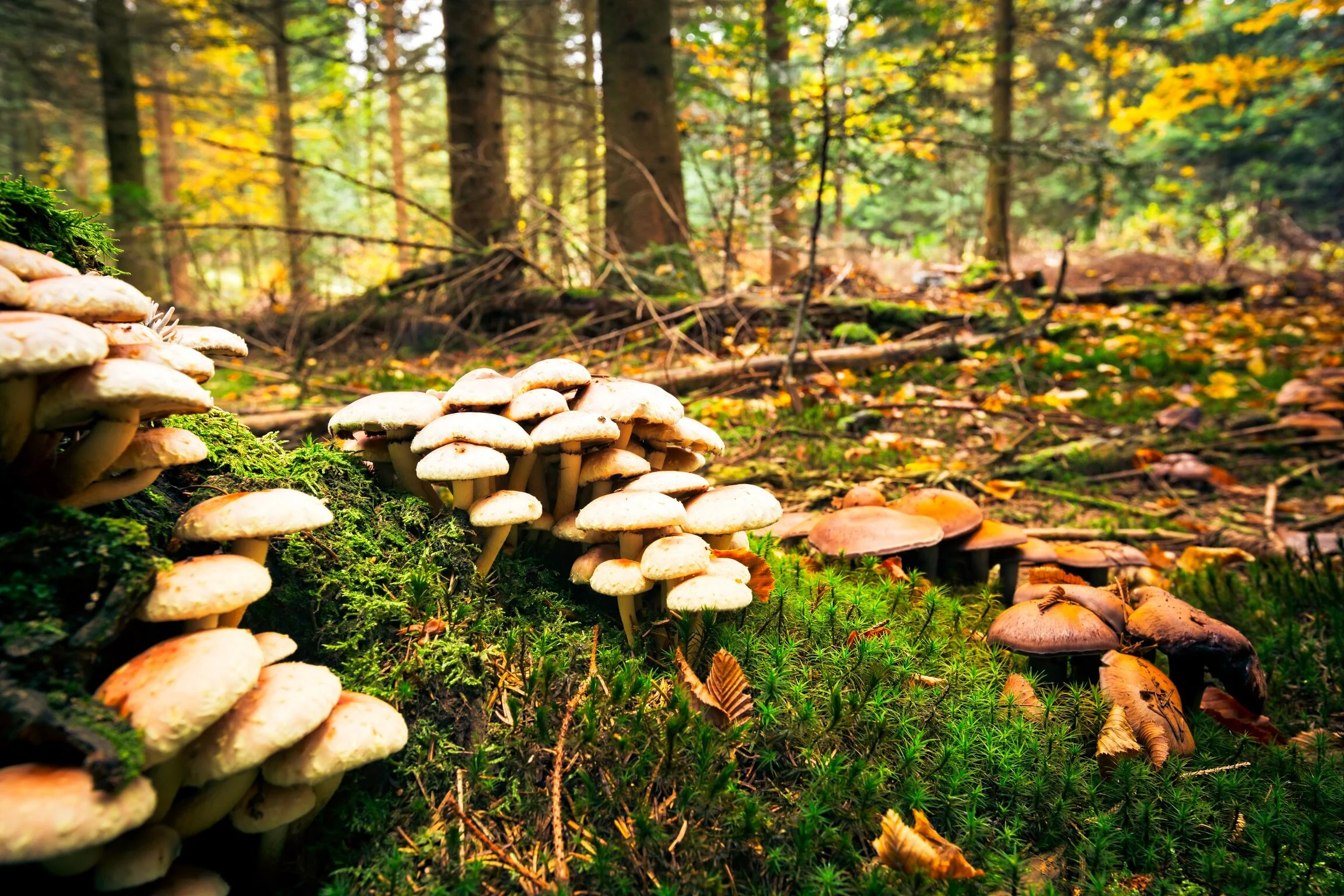To understand if a new treatment for an illness is really better than older treatments, doctors and researchers look to the best available evidence. Health professionals want a “last word” in evidence to settle questions about what the best modes of treatment are.
How plants rely on friendly fungal bodyguards
How to build a starship – and why we should start thinking about it now
How your friends affect your health
Explainer: what is antimatter?
Antimatter was one of the most exciting physics discoveries of the 20th century. Picked up by fiction writers such as Dan Brown, many people think of it as an “out there” theoretical idea – unaware that it is actually being produced every day. What’s more, research on antimatter is actually helping us to understand how the universe works.
How ‘Snowball Earth’ volcanoes altered oceans to help kickstart animal life
Do we really have to wash fruit and vegetables?
There is a growing demand for fruit and vegetables across the Western world, thanks to increased awareness of their nutritional and health benefits. But we’ve always been taught they might not be safe to eat straight out of the supermarket, and they have to be washed first. Is this the case? And what might happen if we don’t?
Seeing Earth from space changes you – and you don’t even have to leave the planet
If being too clean makes us sick, why isn’t getting dirty the solution?
Today rates of allergic, autoimmune and other inflammatory diseases are rising dramatically in Western societies. If that weren’t bad enough, we are beginning to understand that many psychiatric disorders, including depression, migraine headaches and anxiety disorders, are associated with inflammation. Perhaps the most startling observation is that our children are afflicted with the same inflammatory problems, contributing to the fact that over 40 percent of US children are on medications for some chronic condition.
Five amazing things that happen to your body in space
Revealed: how giant icebergs breathe life into remote oceans
As giant icebergs bob across the open seas they leave behind a trail of nutrient-rich meltwater, sparking new life in the world’s remotest and least hospitable oceans. This in turn means more carbon is taken from the atmosphere and stored below the waves. Massive icebergs may be a symptom of climate change – but they can also help keep it in check.
Why we should learn to love all insects – not just the ones that work for us
Insects, which include more than a million described species, represent roughly two-thirds of the biodiversity on Earth. But they have a big PR problem – many think of insects as little more than crop-eating, disease-carrying jumper-munchers. But in reality, species fitting this bill are but a tiny part of an enormous picture.
How the cat got its coat (and other furry tails)
What does it mean to think and could a machine ever do it?
Damaging electric currents in space affect Earth’s equatorial region, not just the poles
The Earth’s magnetic field – known as the “magnetosphere” – protects our atmosphere from the “solar wind.” That’s the constant stream of charged particles flowing outward from the sun. When the magnetosphere shields Earth from these solar particles, they get funneled toward the polar regions of our atmosphere.
What is the best exercise for losing weight?
Corks seal a wine’s fate: aging under natural vs synthetic closures
Most foods are best as fresh as possible. I remember picking peaches at my grandfather’s ranch in Northern California and eating them on the spot. What a taste! But the exceptions to this rule are the many wines that actually need some aging to taste their best. Winemakers know this, and work to control the aging process including decisions they make about how to bottle up their product.
Fat-burning fat exists, but might not be the key to weight loss
When you think about body fat, it’s probably white fat that comes to mind. That’s where our bodies store excess calories, and it’s the stuff you want to get rid of when you are trying to lose weight. But white fat isn’t the only kind of fat in the body – you also have brown fat and beige, or brite, fat, which can actually burn calories instead of storing them.
Dry January - is it worth giving up alcohol for a month?
The psychology of New Year’s resolutions
Research has shown that about half of all adults make New Year’s resolutions. However, fewer than 10% manage to keep them for more than a few months. As a professor of behavioural addiction I know how easy people can fall into bad habits and why on trying to give up those habits it is easy to relapse. Resolutions usually come in the form of lifestyle changes and changing behaviour that has become routine and habitual (even if they are not problematic) can be hard to do.









